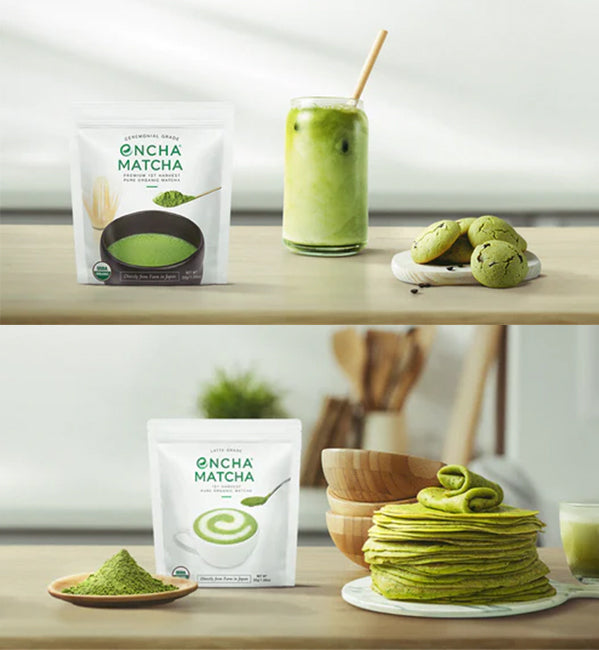The Making of Matcha
The preparation of matcha, a process dating back to the 15th or 16th century in Japan, is quite intriguing. It begins with shading the tea plants to increase chlorophyll production, enhancing the tea’s bright green color. This process also results in the production of softer, more delicate leaves, which contribute to matcha’s unique properties.
After the shading process, the green tea leaves (particularly the younger ones that are high in caffeine) are meticulously processed in the following steps:
- Destemming: The stems of the tea leaves are removed.
- Deveining: The veins of the tea leaves are removed.
- Grinding: The destemmed and deveined tea leaves are ground into a fine powder.
This careful process ensures that the entire leaf is used, preserving its nutritional density, including its caffeine content.
Caffeine Content in Different Grades of Matcha
The caffeine content in matcha can vary depending on the grade. Ceremonial grade matcha, for instance, typically contains around 34 milligrams of caffeine per gram. On the other hand, culinary grade matcha, preferred for flavoring foods and beverages, contains about 28 milligrams of caffeine per gram.
Overall, the caffeine content in matcha can range from 25 to 75 milligrams per 6 ounces depending on the grade of matcha used, with culinary grade generally containing less caffeine than ceremonial grade. This vividly highlights matcha’s adaptability and its capacity to accommodate various caffeine preferences.





